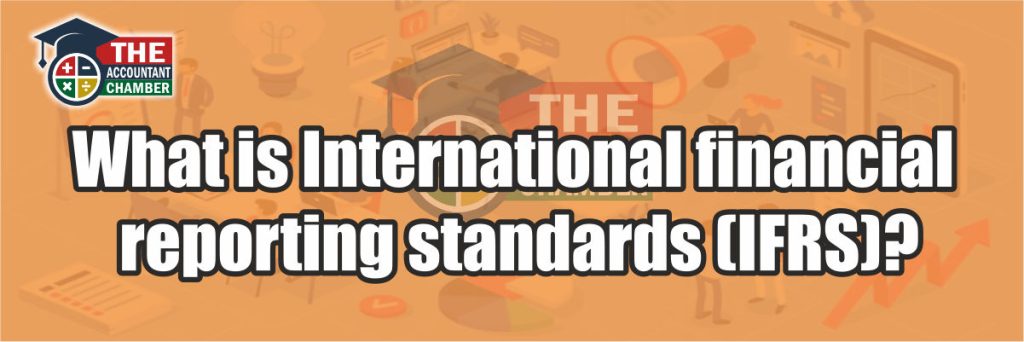What are Ethics and Professional Conduct in Accounting?
Ethics and professional conduct in accounting refer to the principles and standards that guide the behavior of accountants and other financial professionals in their work. These principles and standards are designed to ensure that accountants act with integrity, objectivity, and professional competence when providing financial information and advice to clients and other stakeholders.









